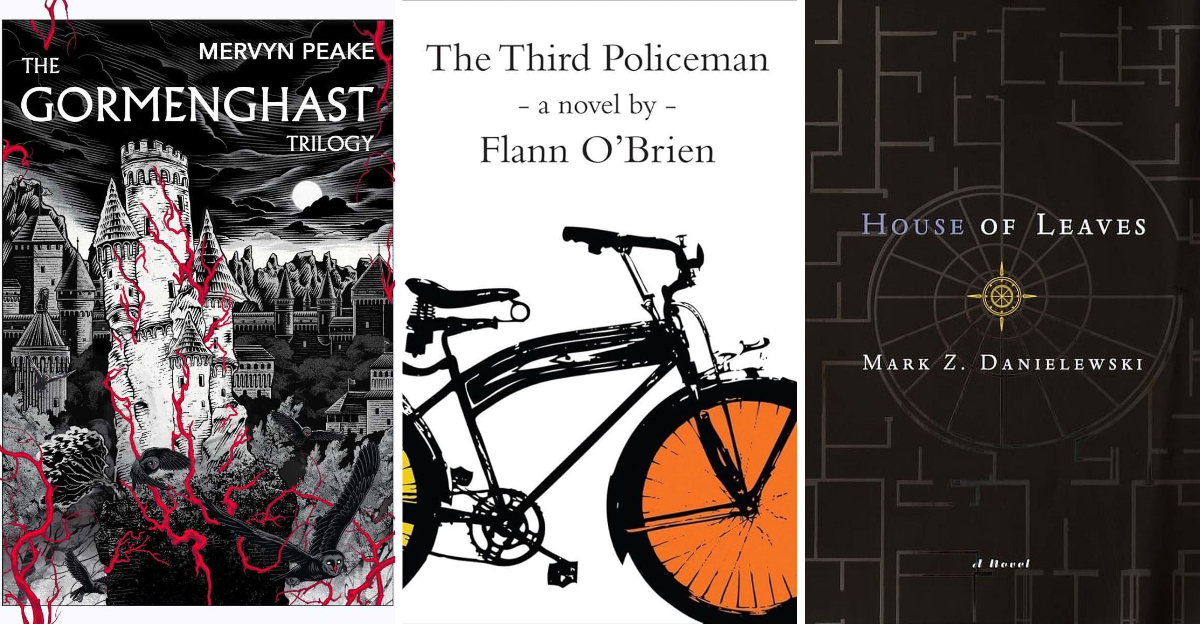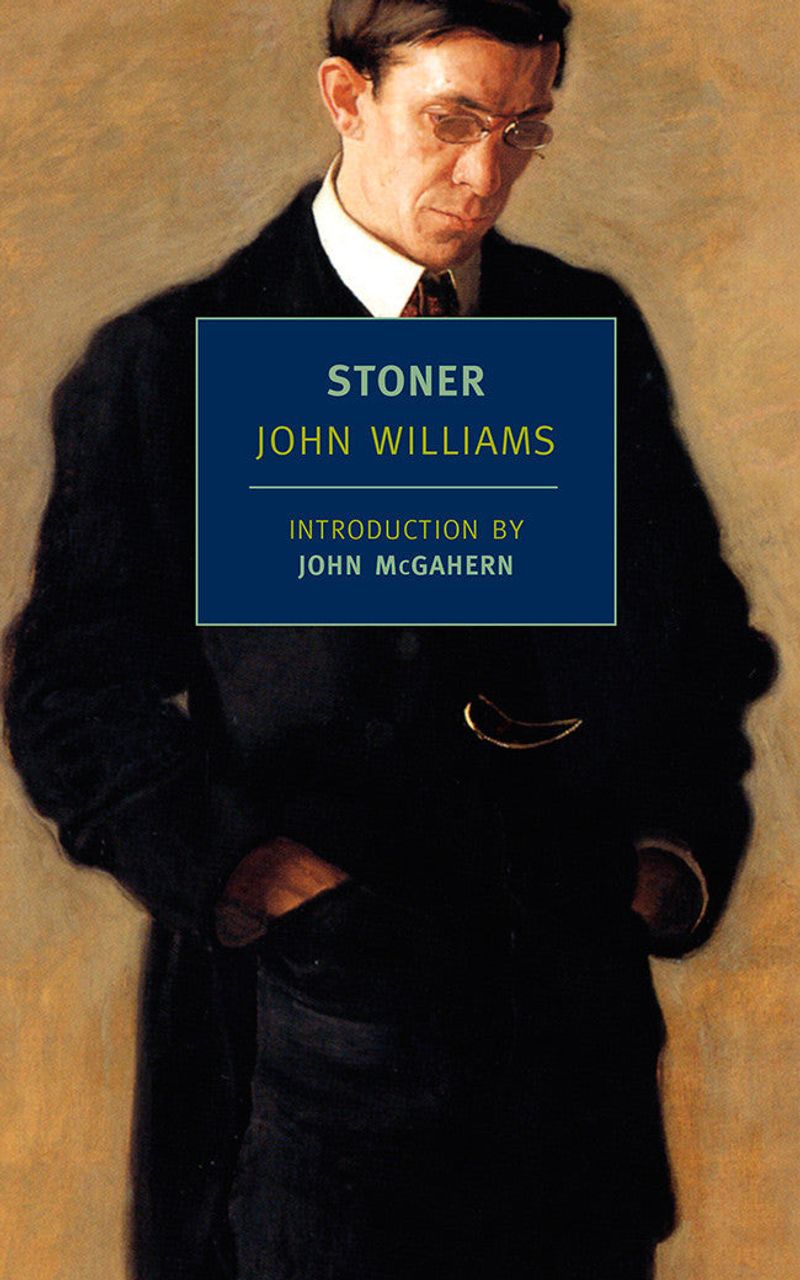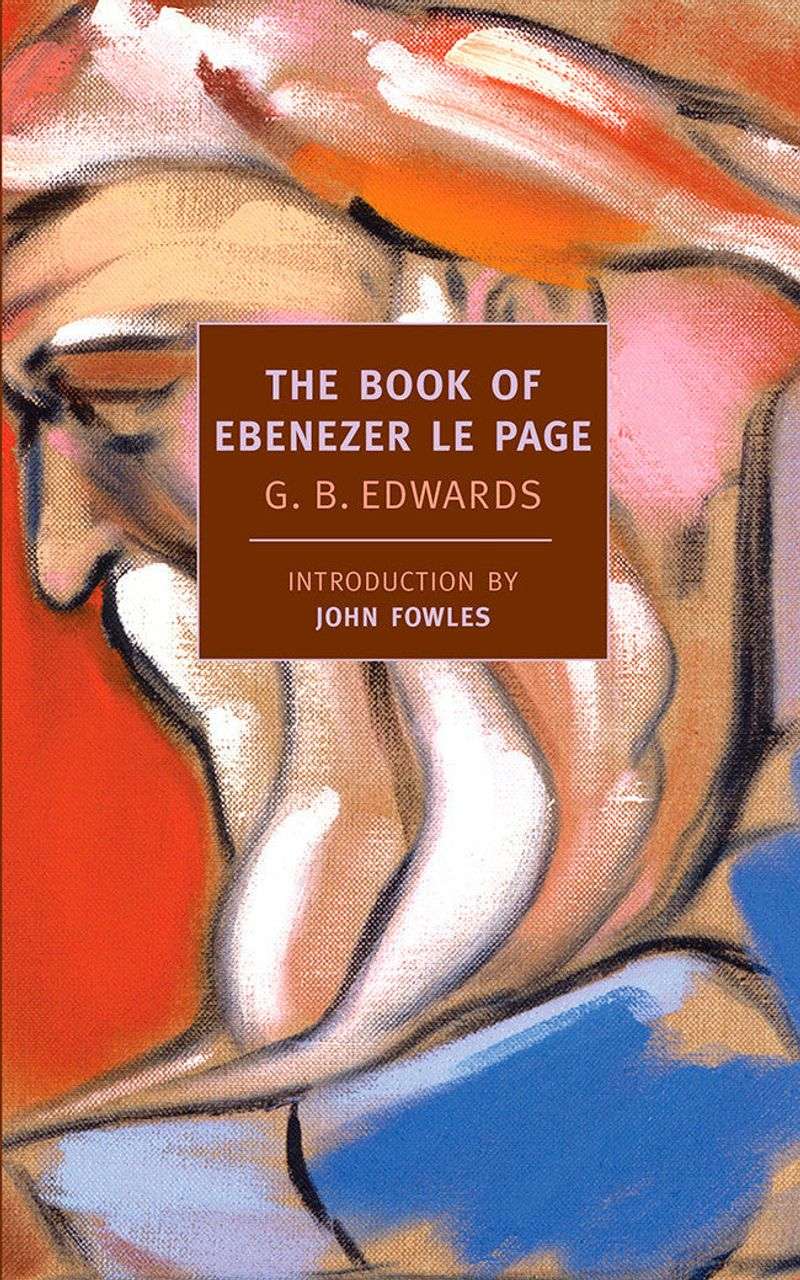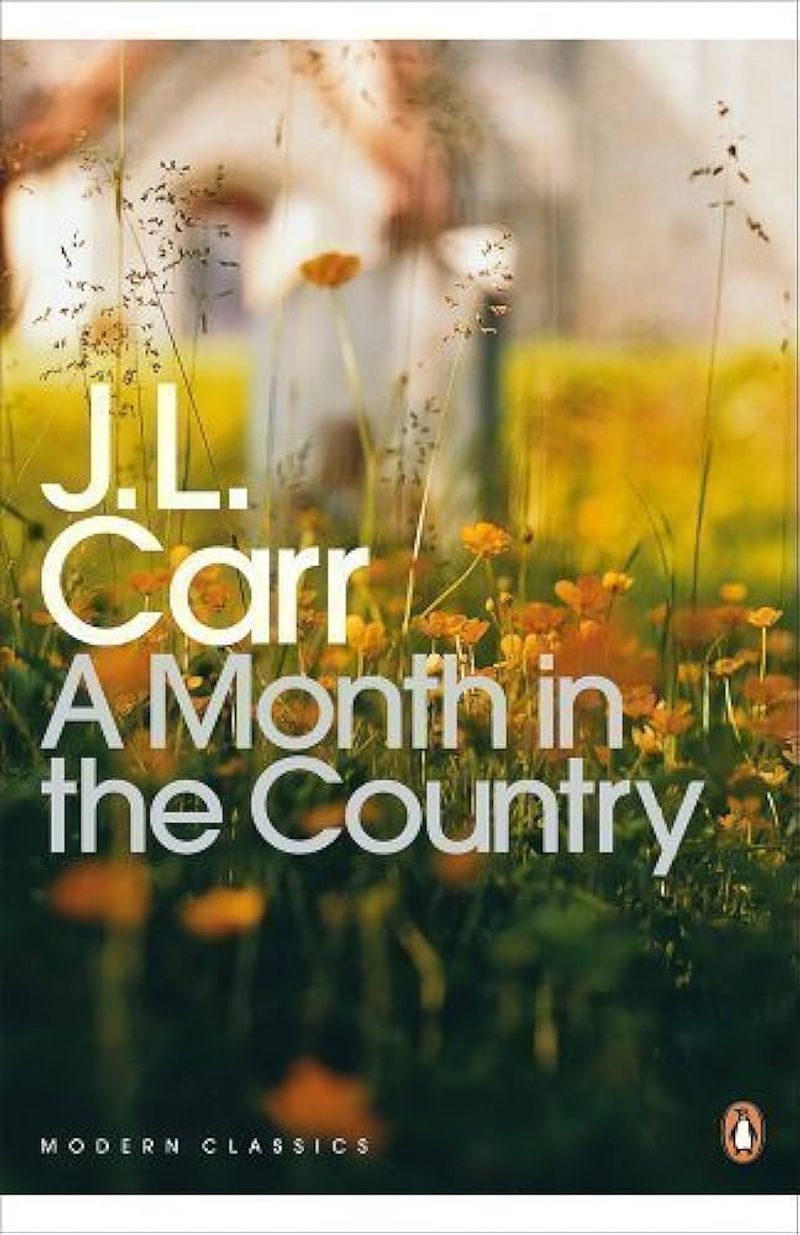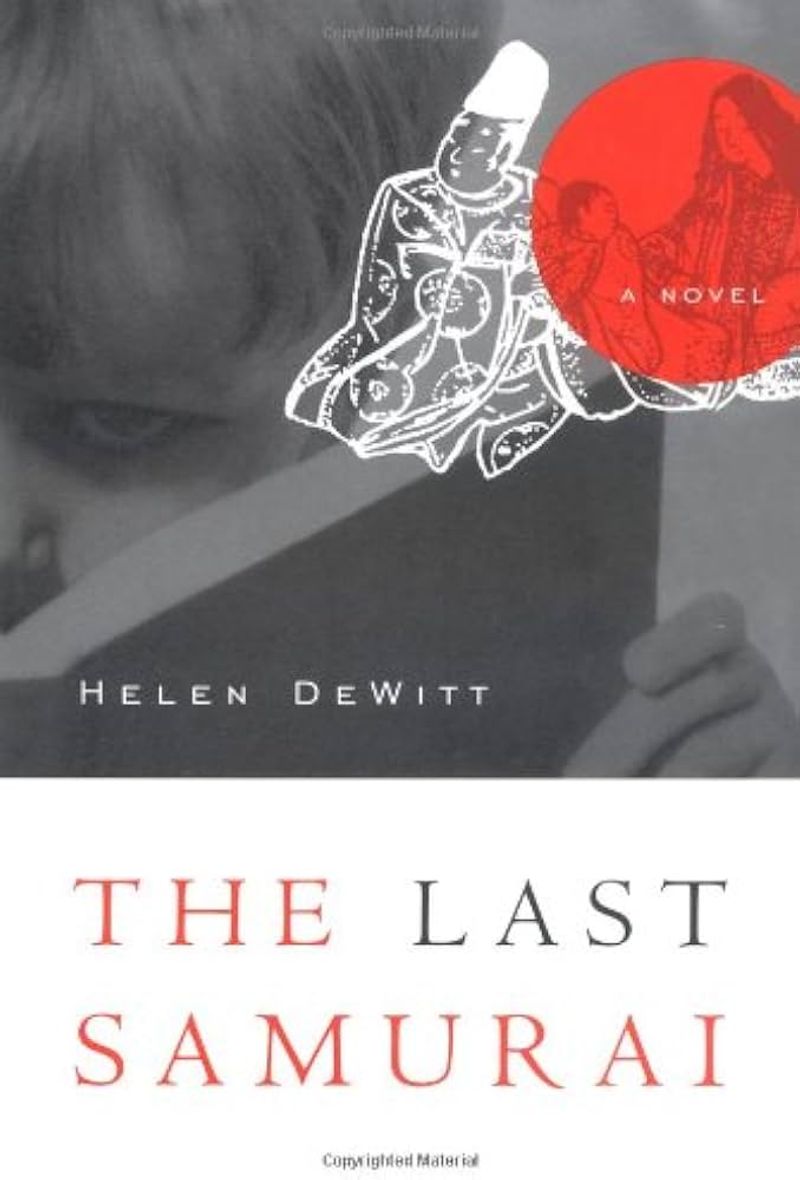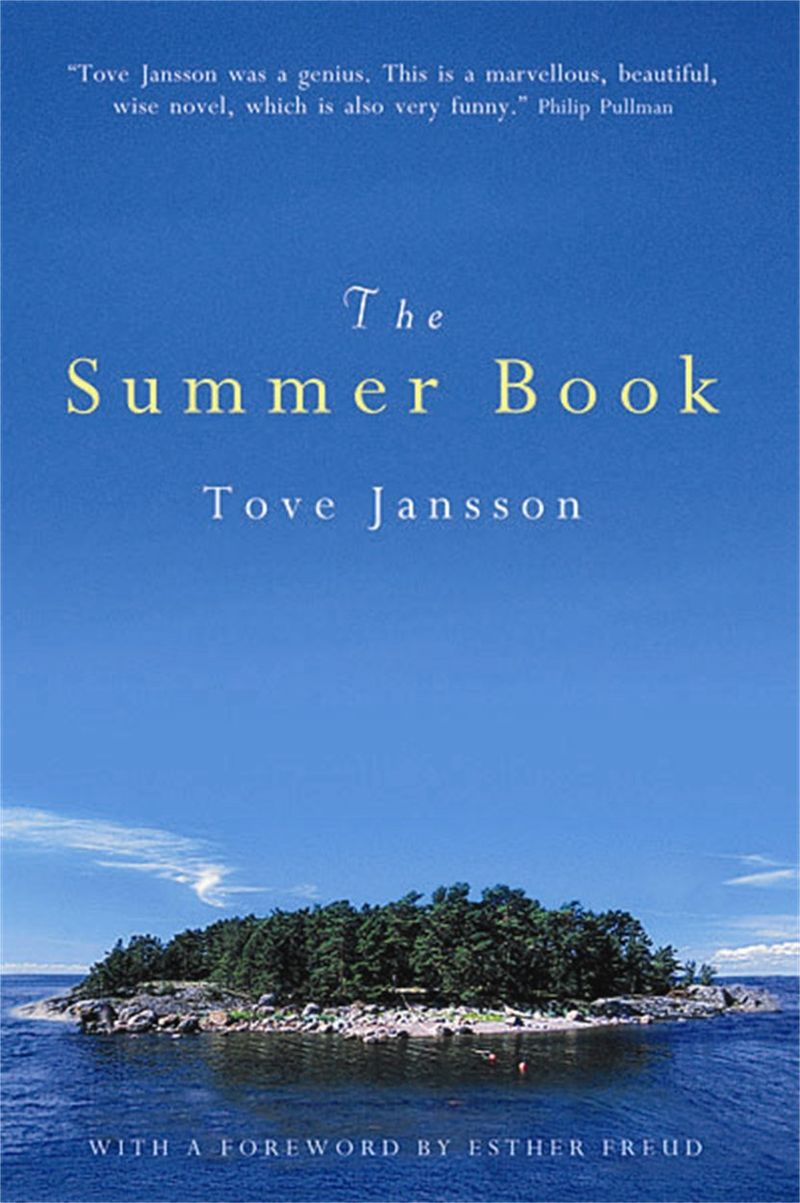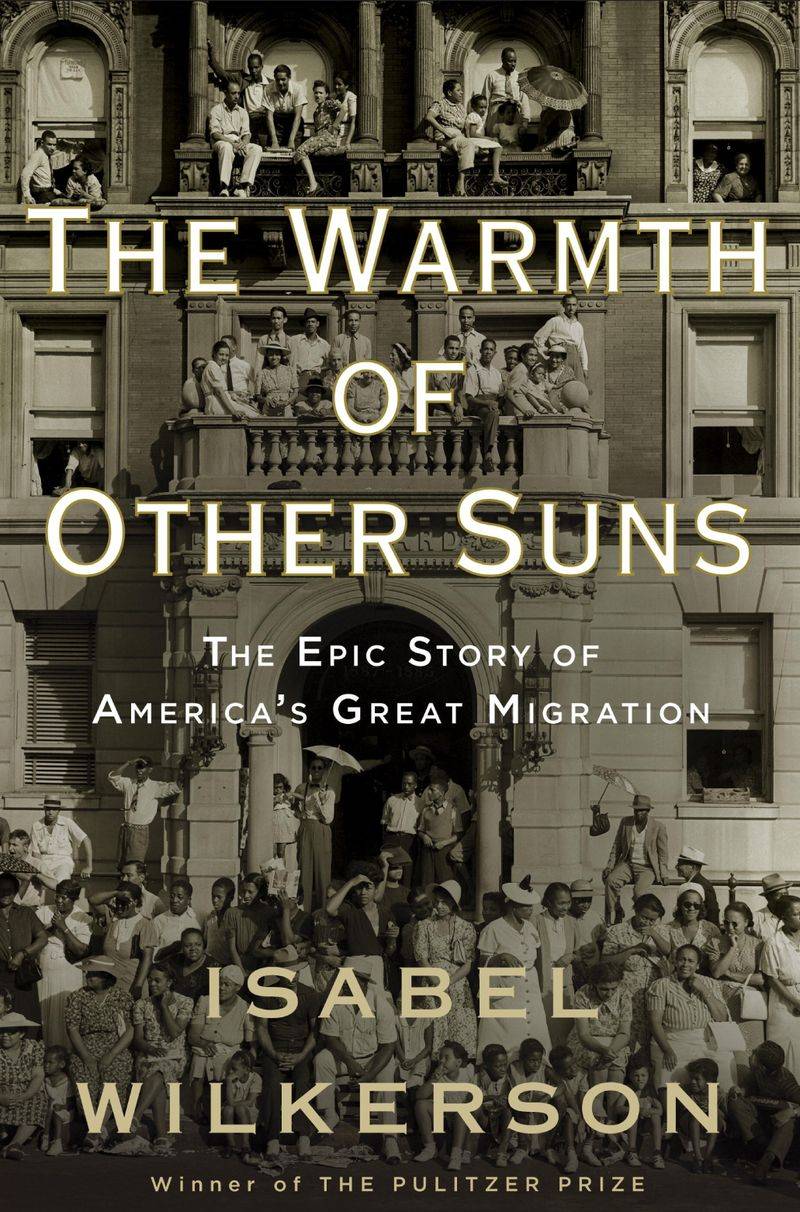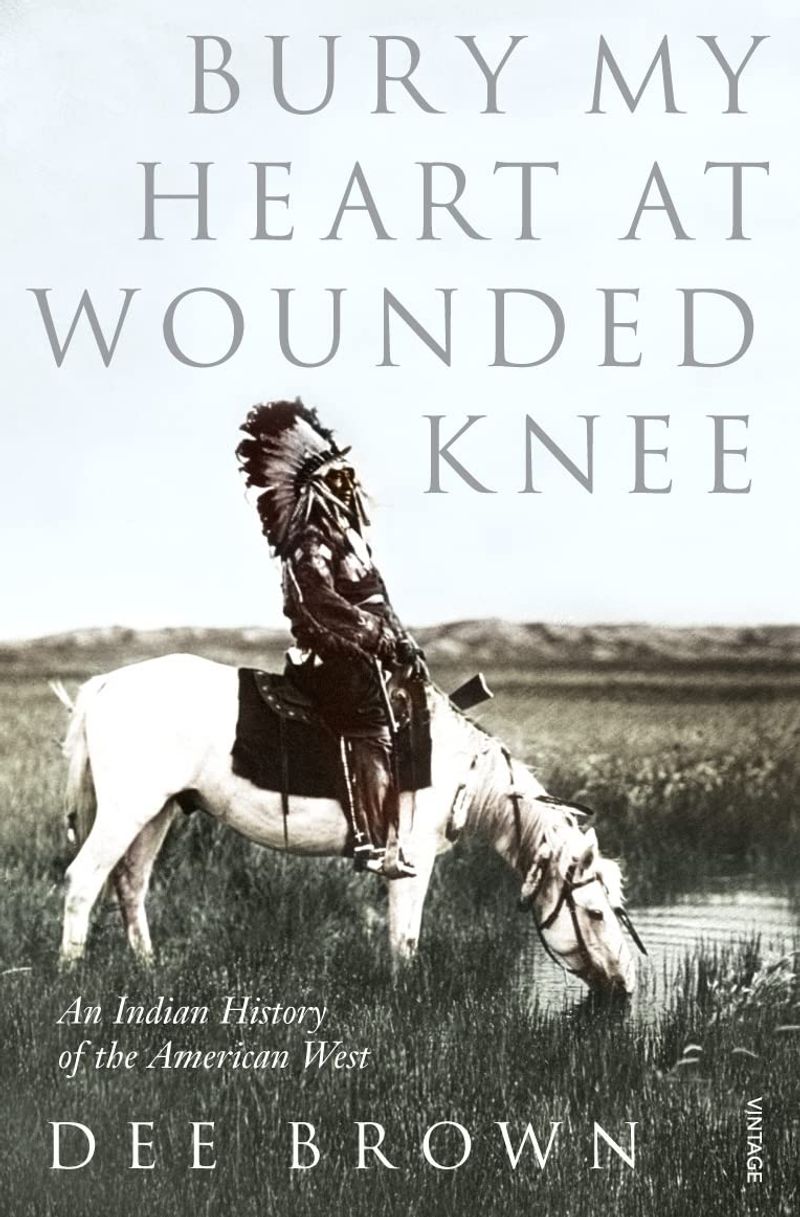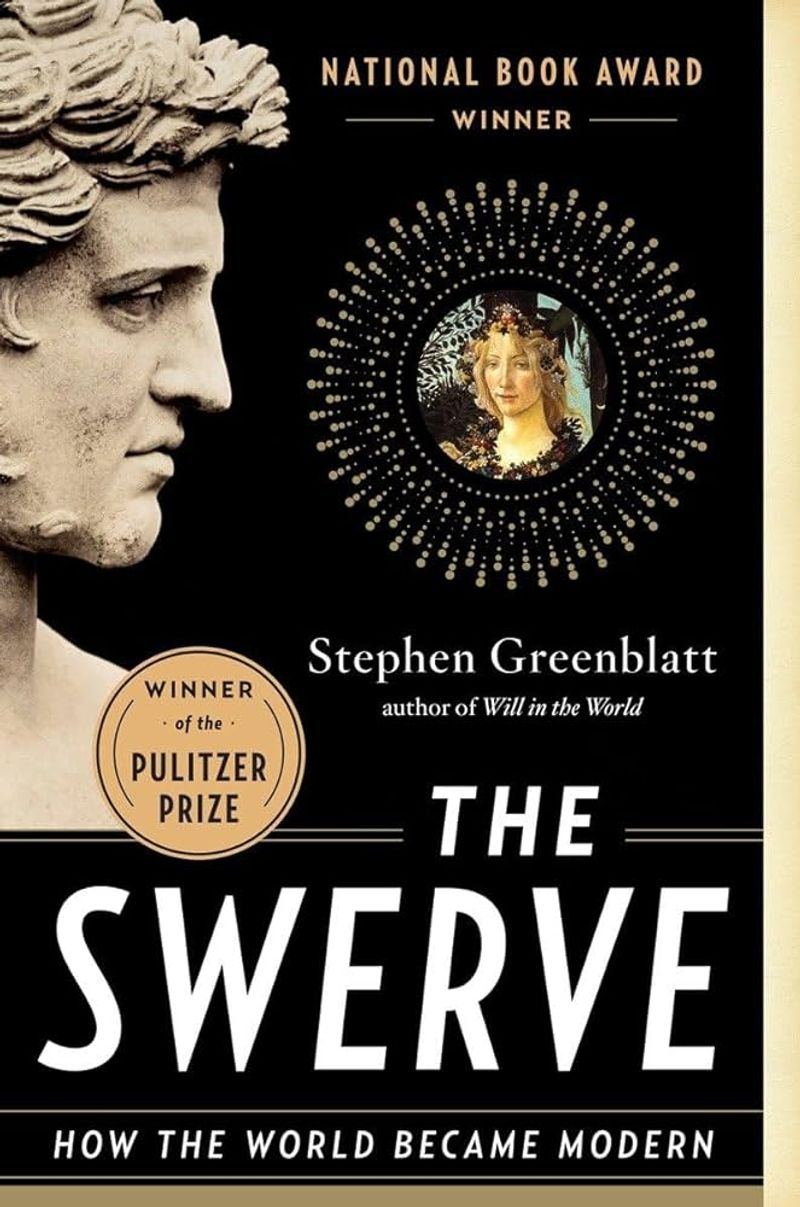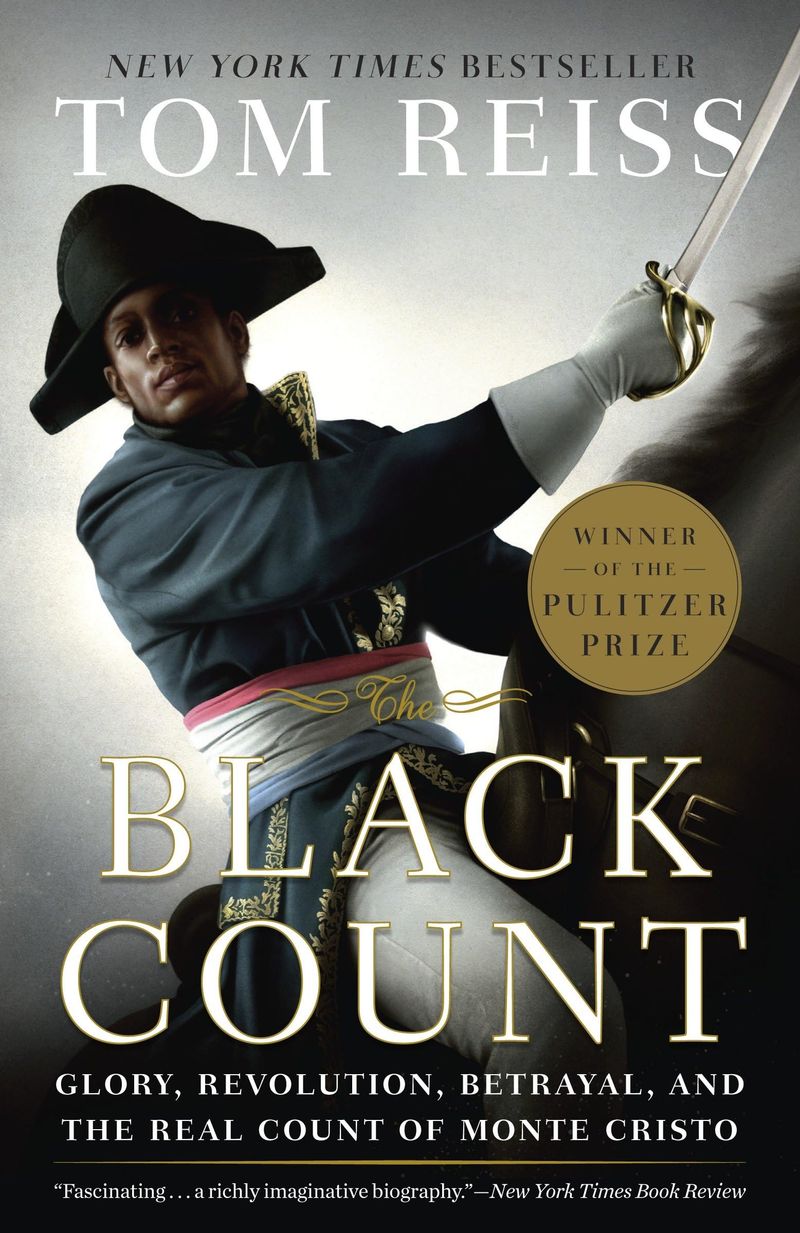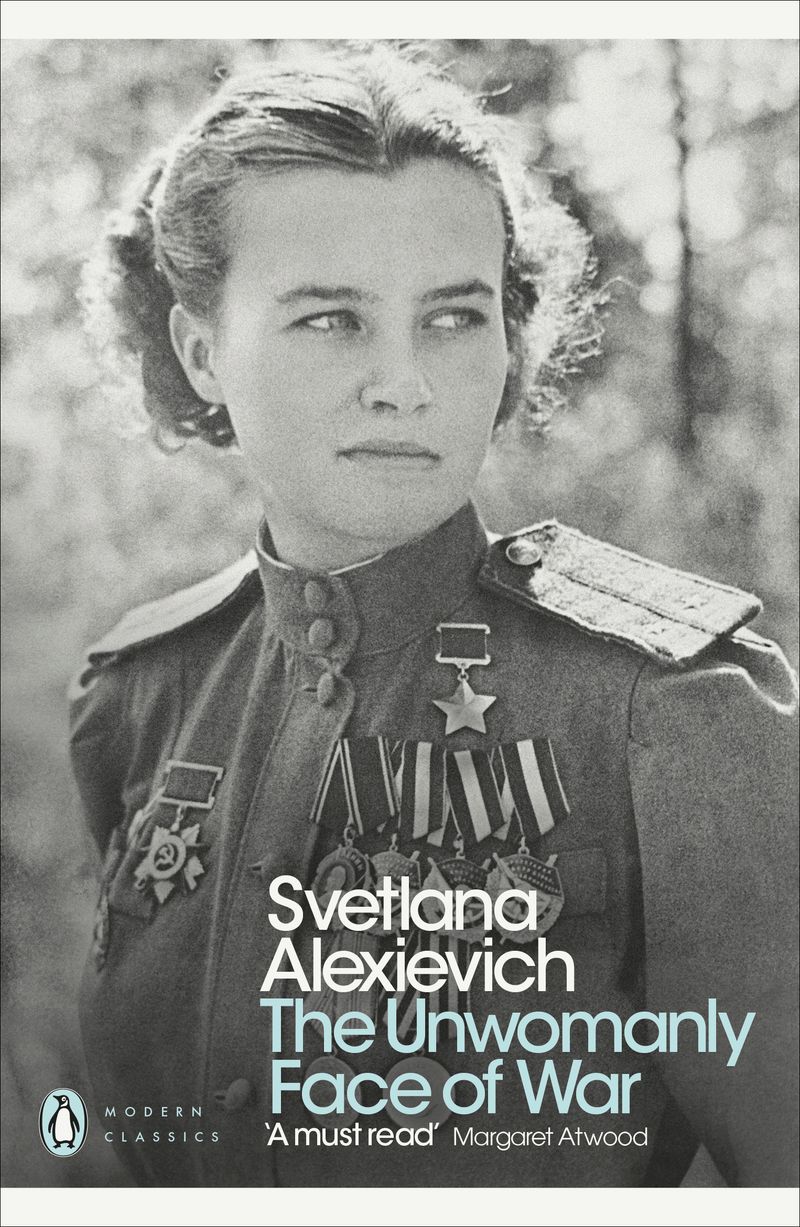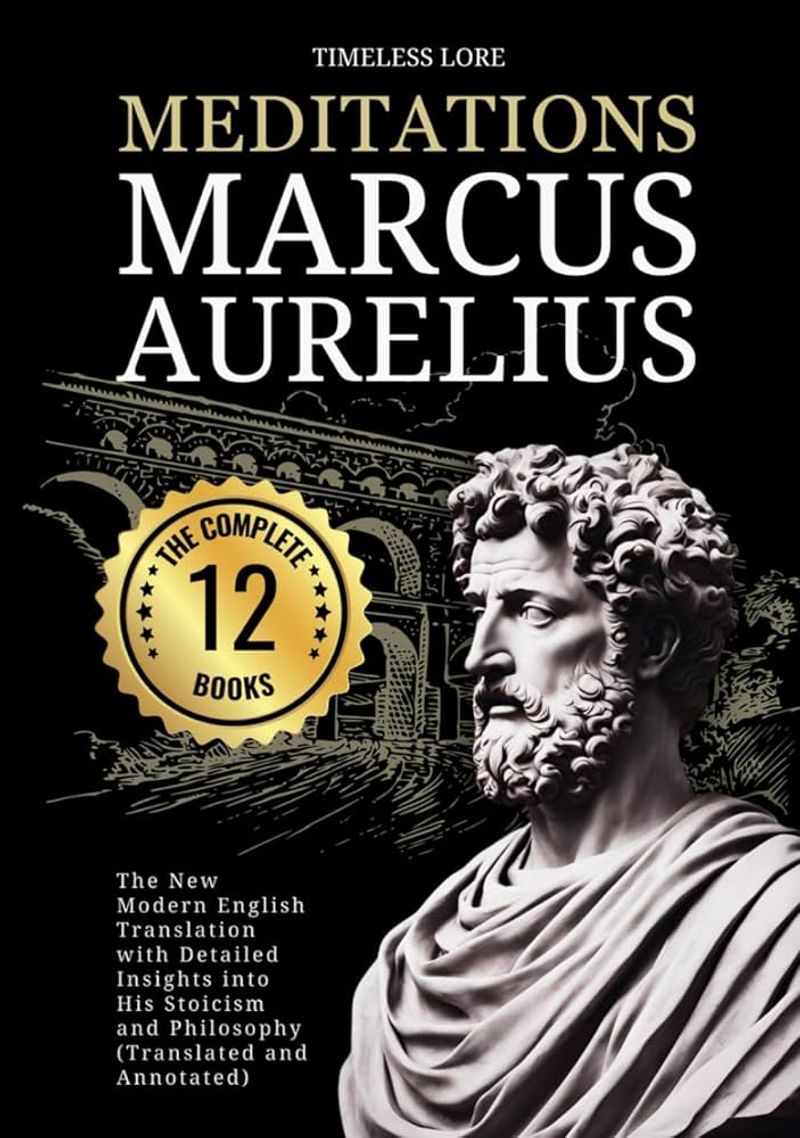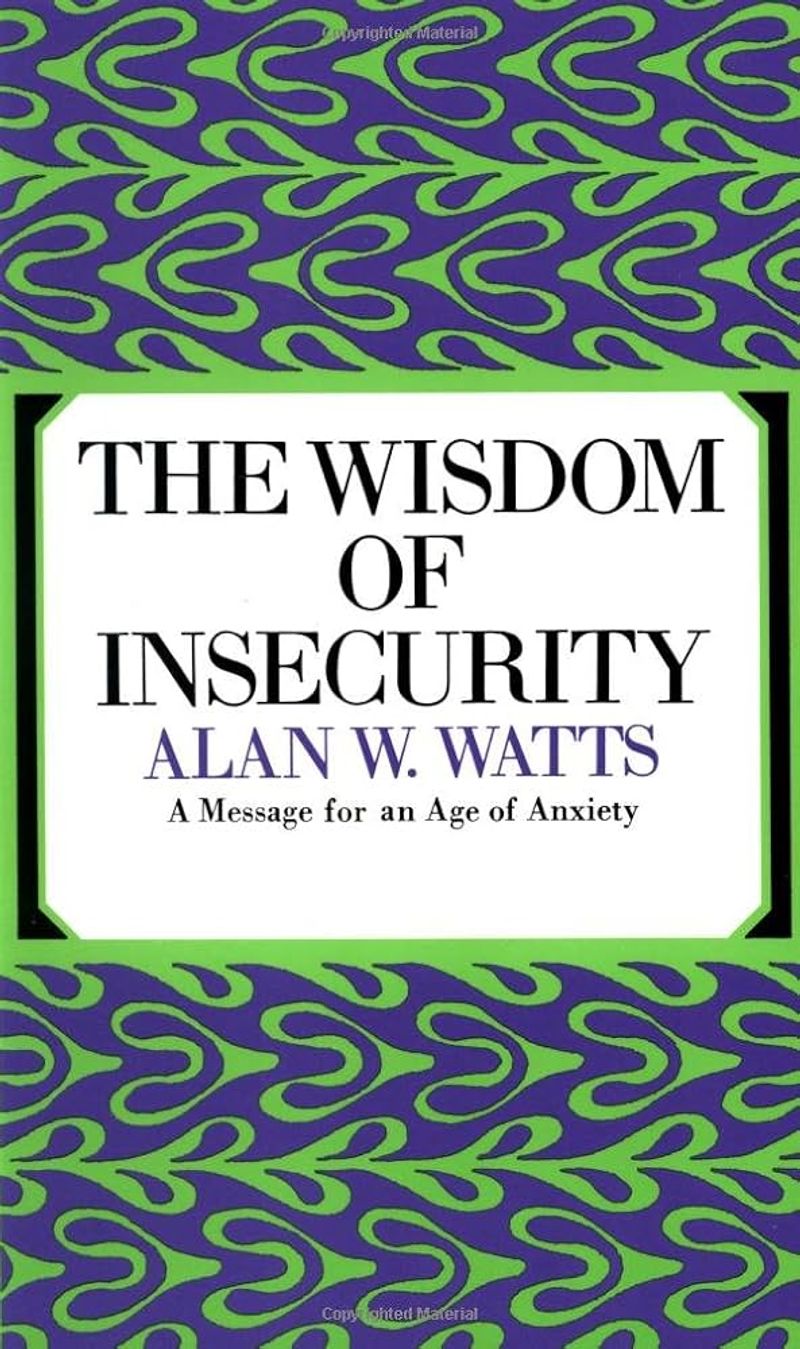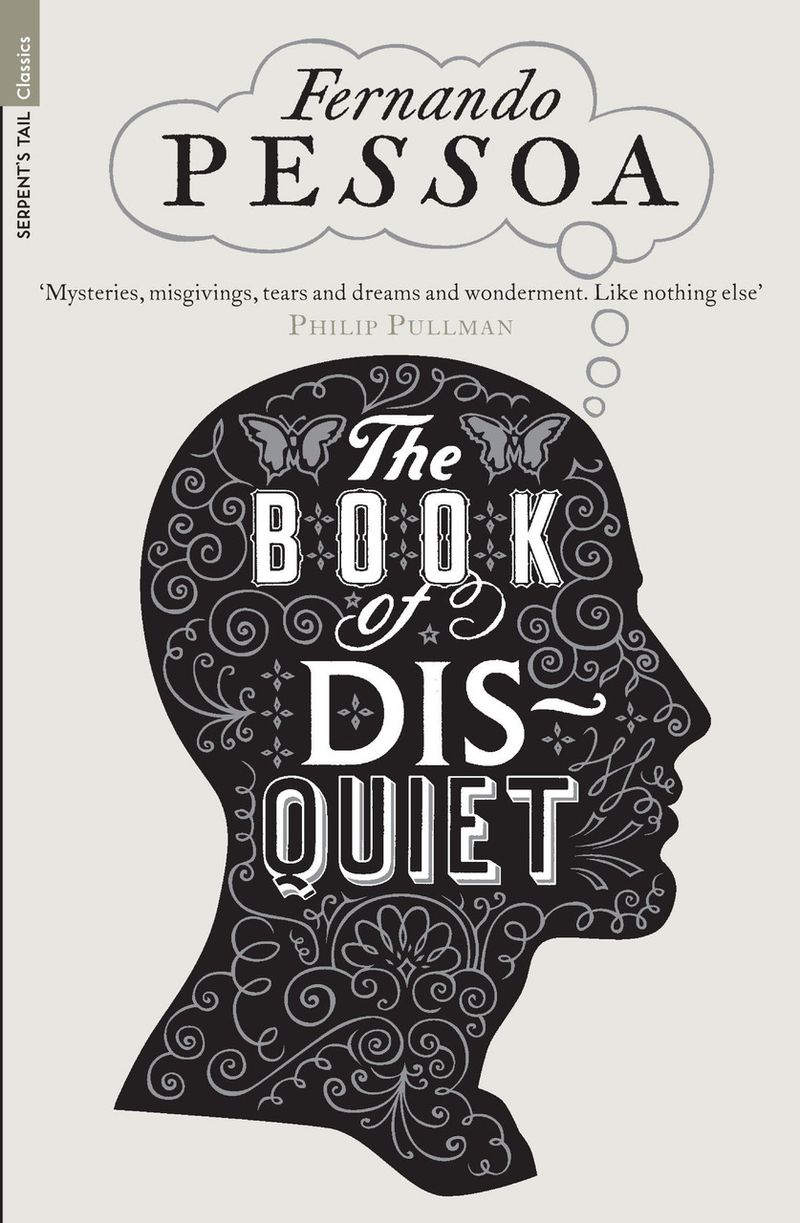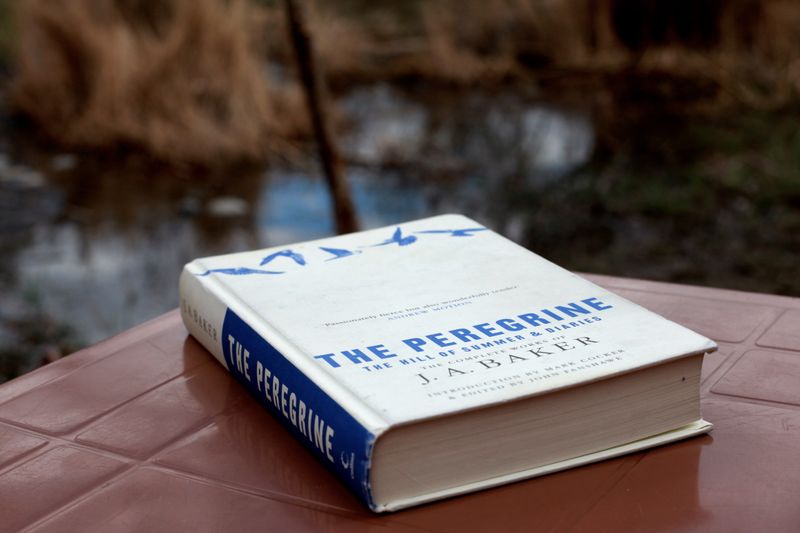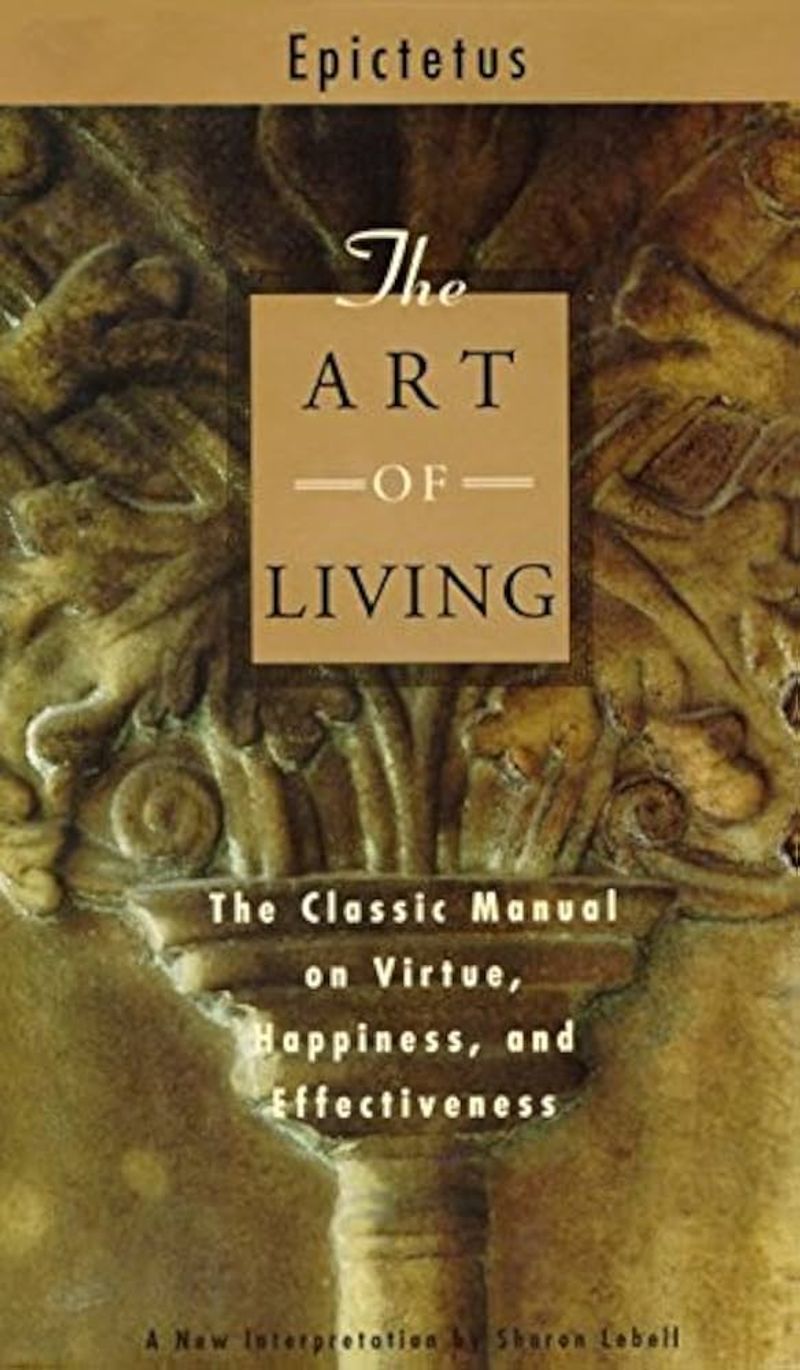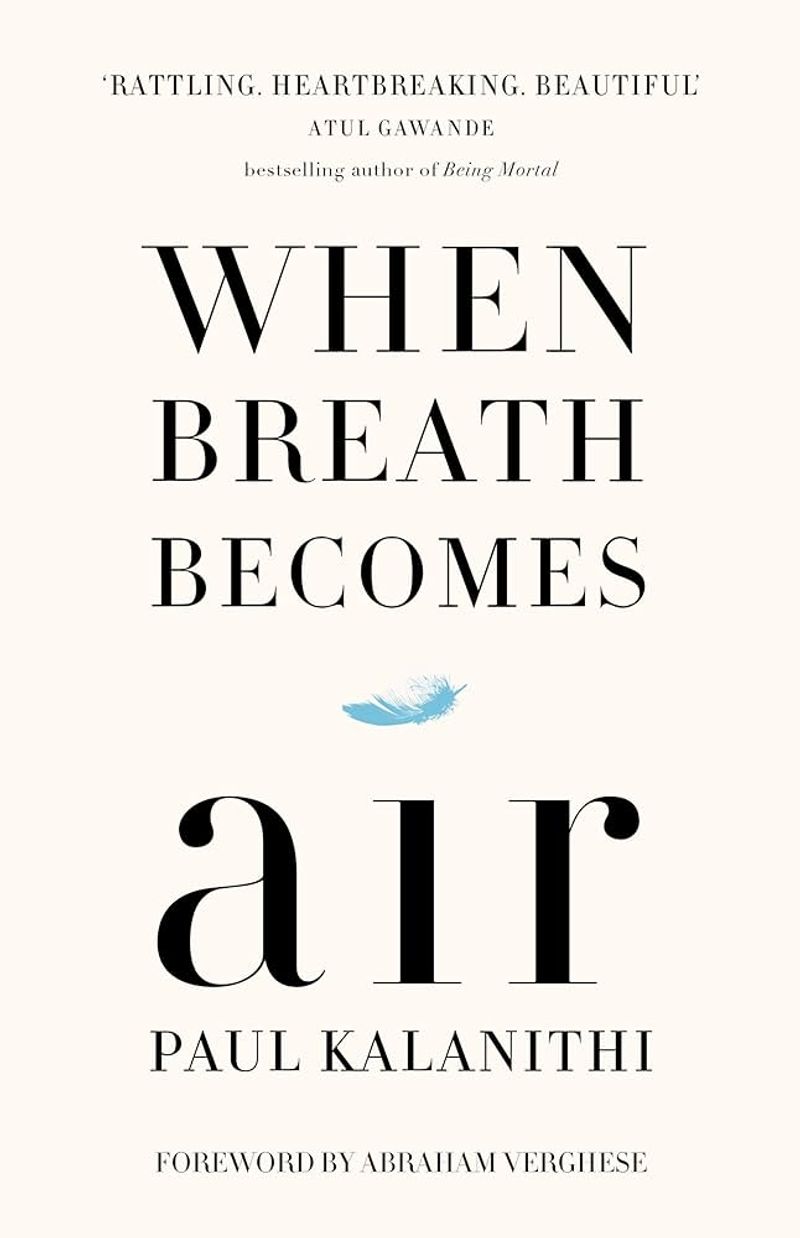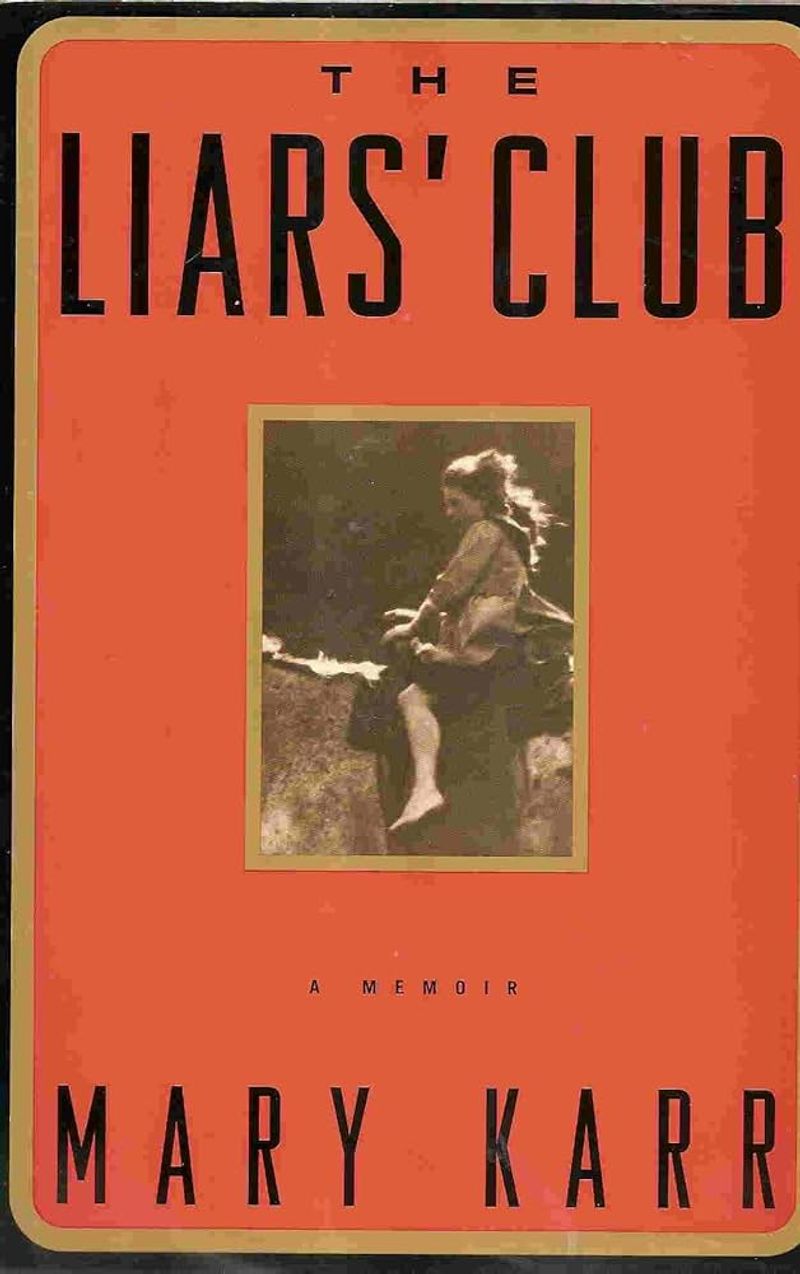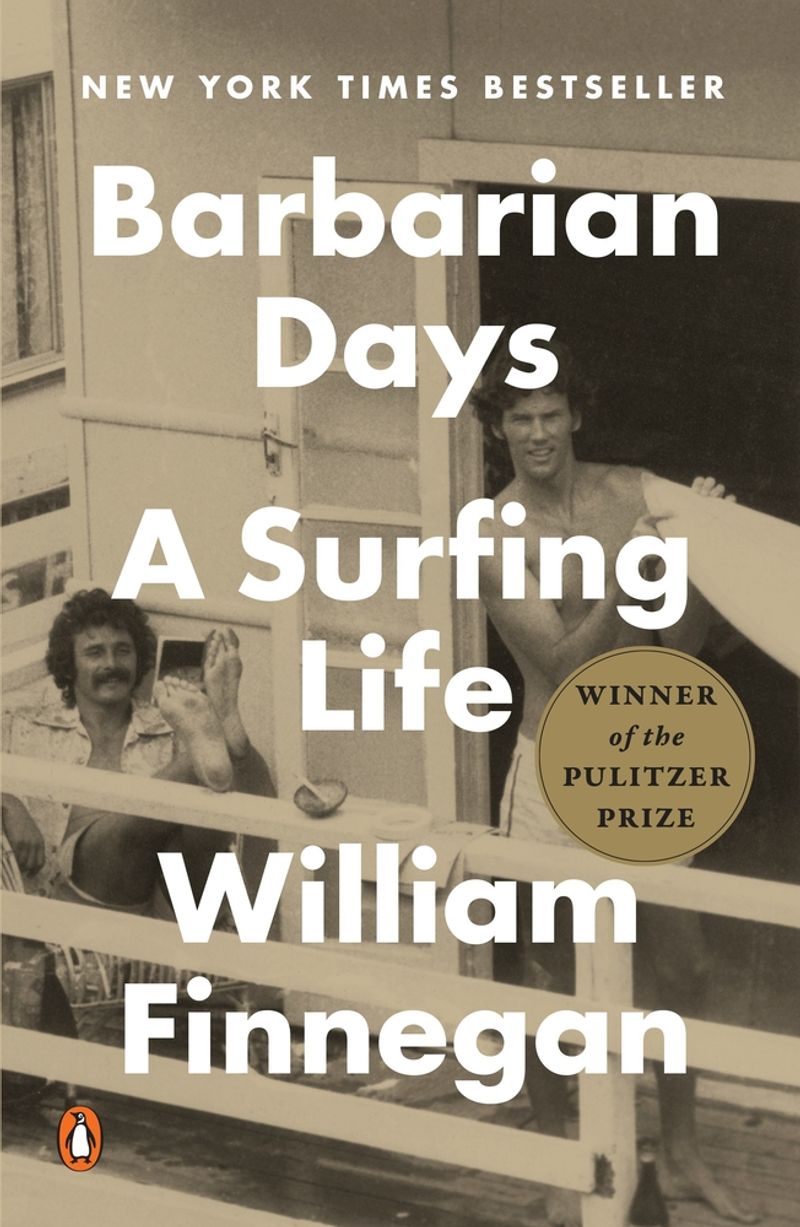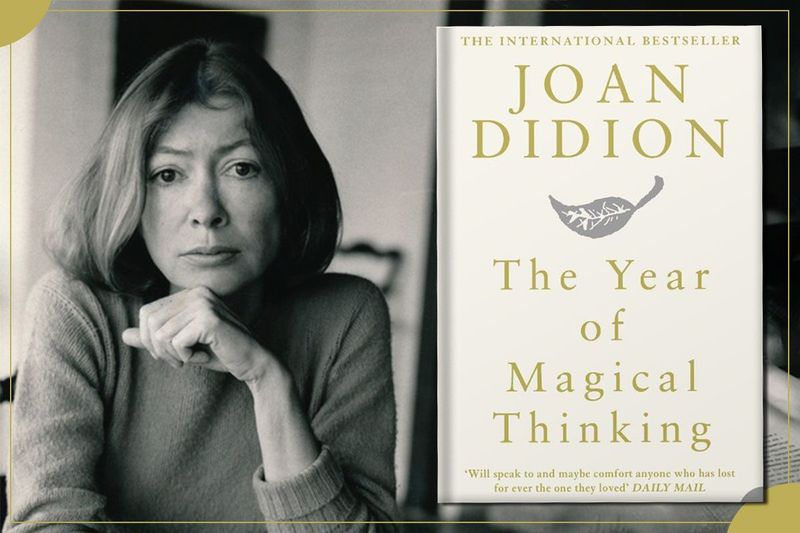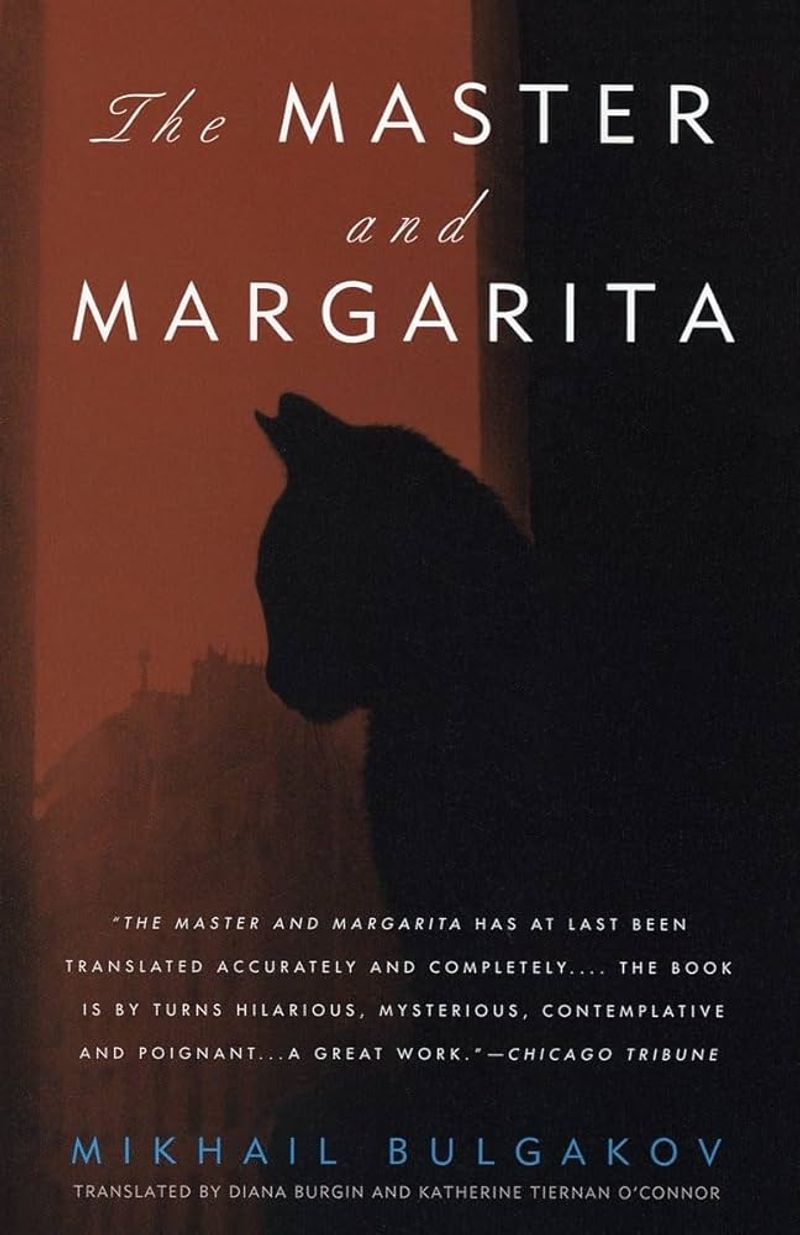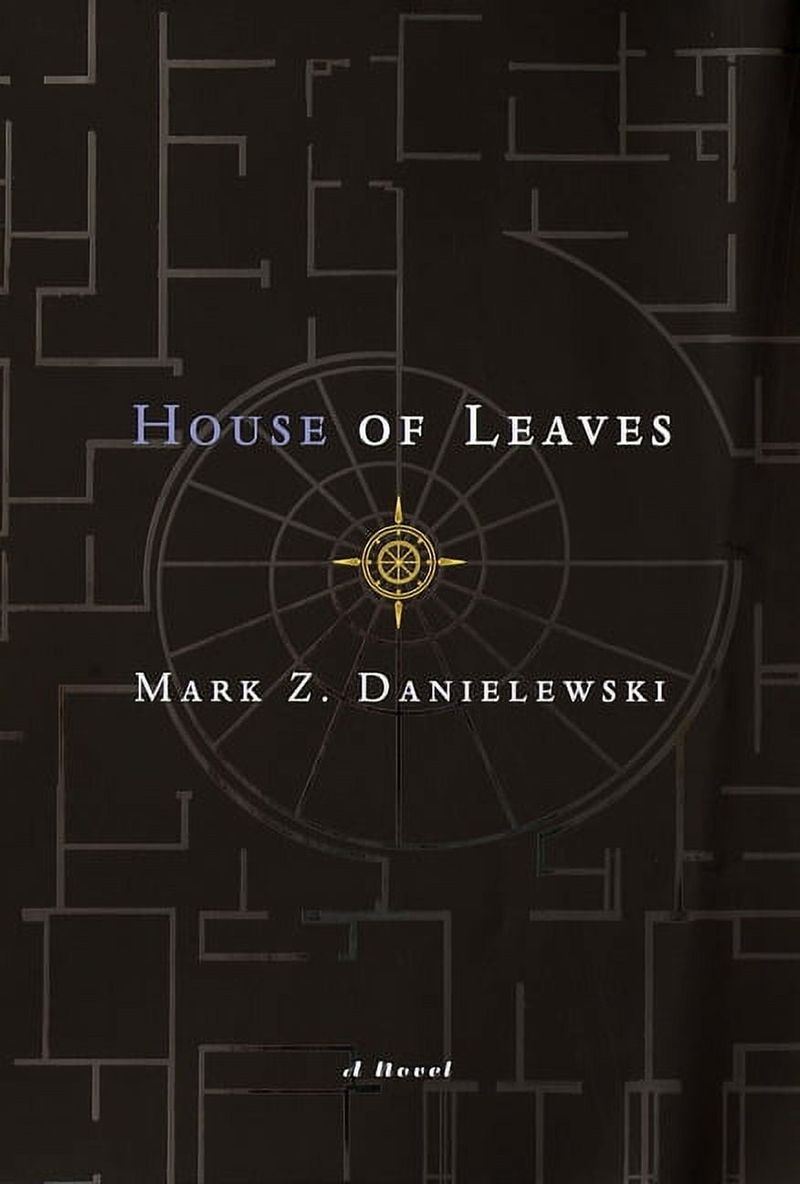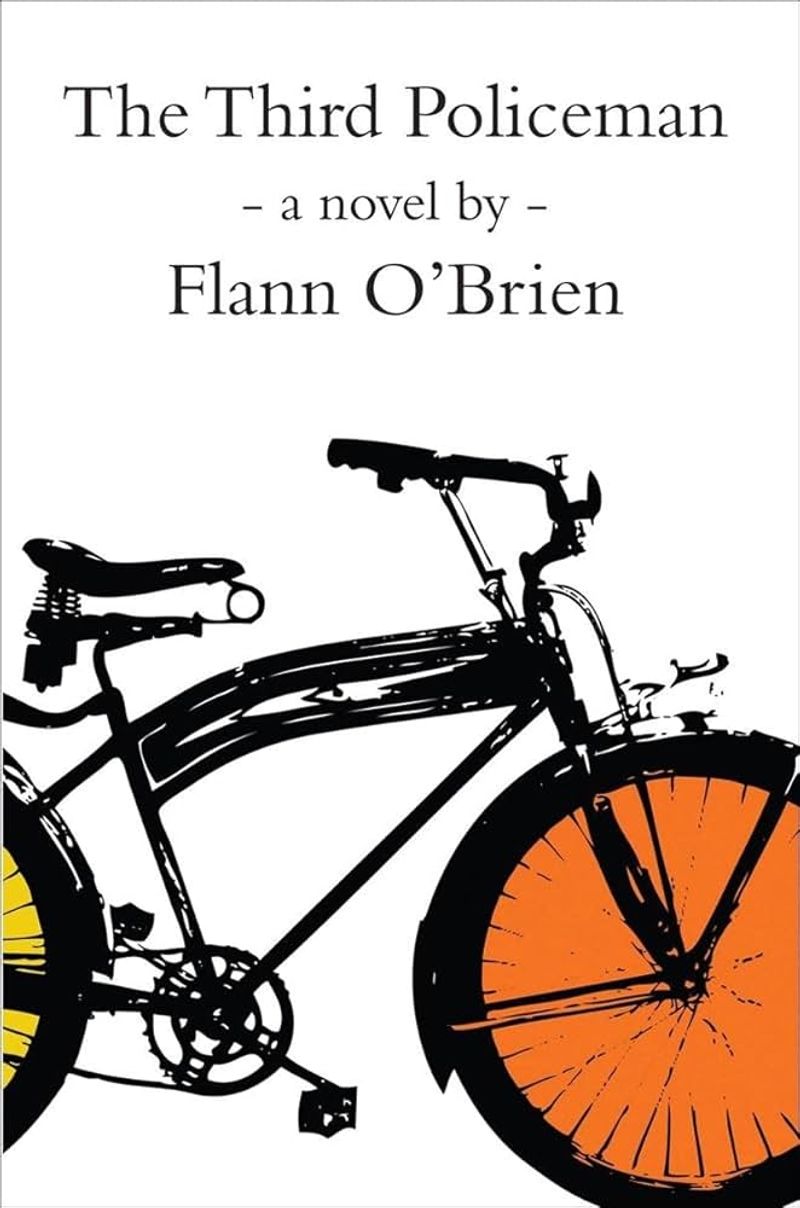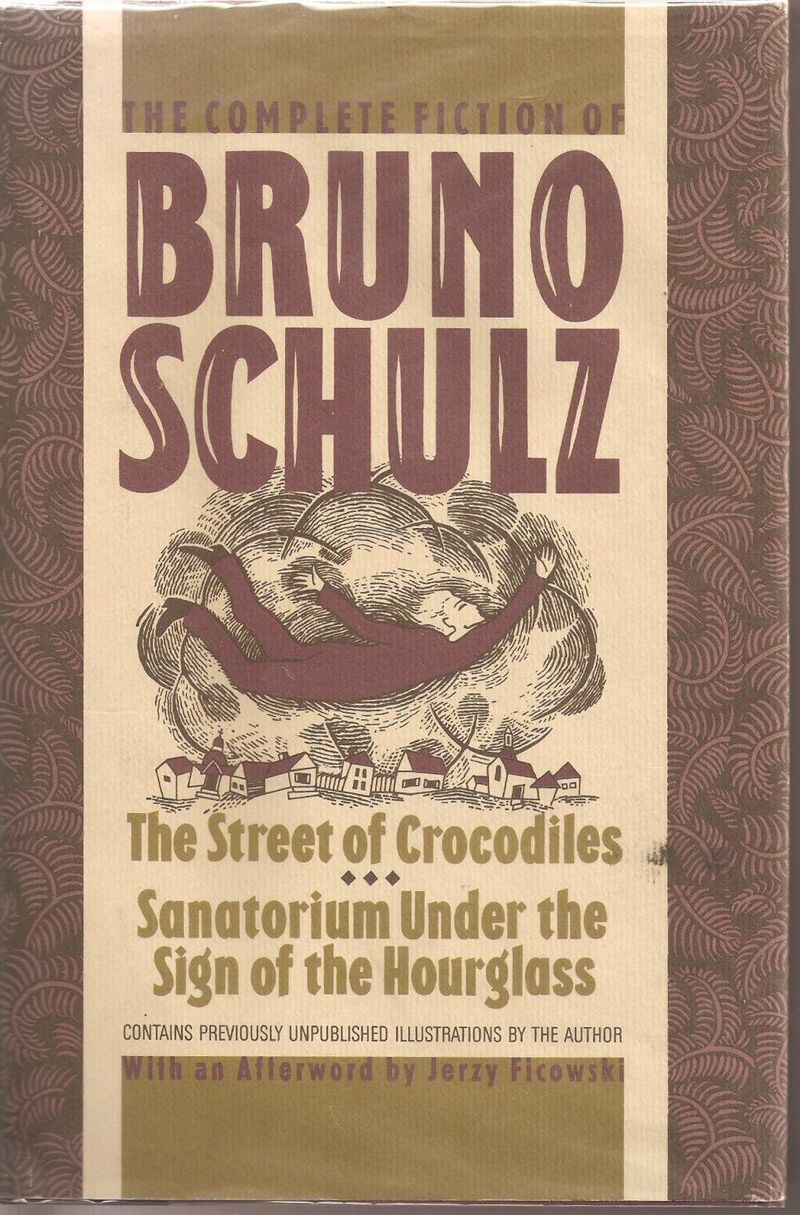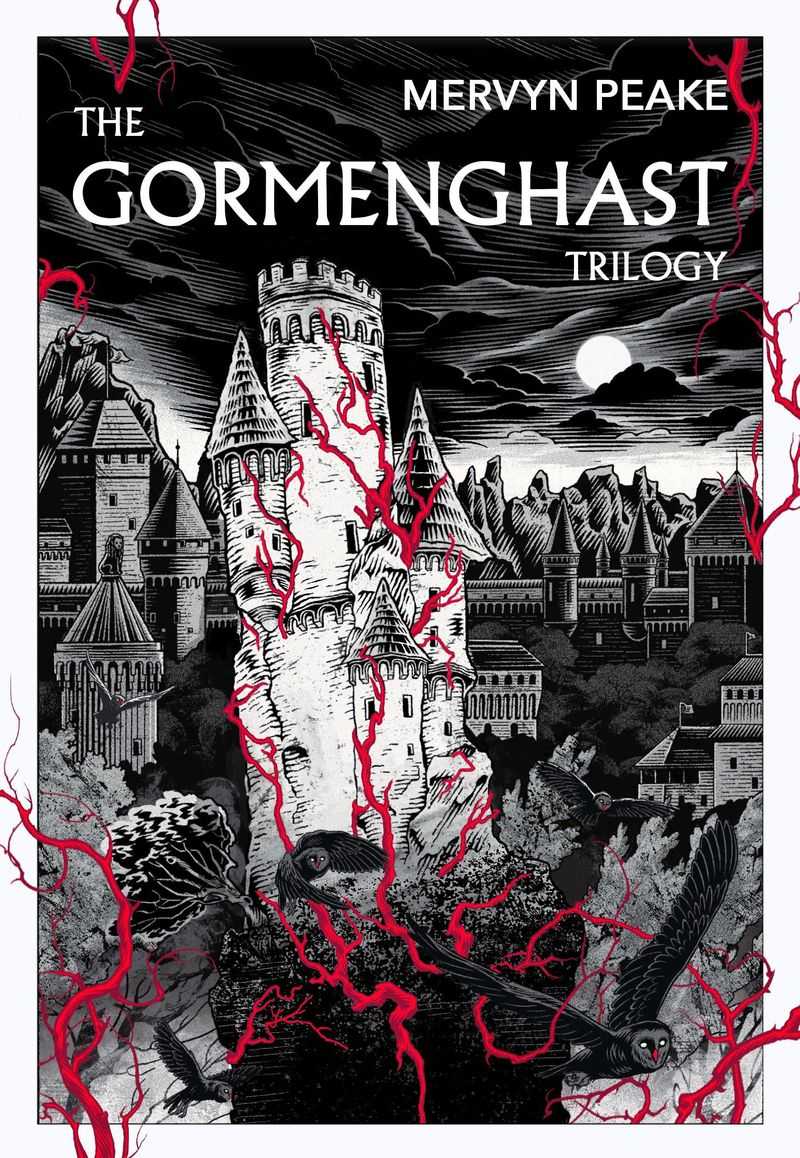Discovering new literature can be a transformative experience, offering fresh perspectives and insights.
In this blog post, we delve into 25 books that are not just compelling reads but have the potential to change your life.
Whether it’s through profound storytelling, historical enlightenment, or philosophical musings, these books promise to captivate and inspire.
1. Stoner by John Williams
A quiet masterpiece, “Stoner” by John Williams, explores the life of an unassuming English professor. Williams crafts a narrative that captures the beauty and tragedy of an ordinary life. Stoner’s journey through love, academia, and personal loss is told with empathy and precision.
The novel resonates with its portrayal of resilience and personal fulfillment amidst adversity. Its understated elegance leaves a lasting impact, celebrating the profound in the mundane.
2. The Book of Ebenezer Le Page by G.B. Edwards
“The Book of Ebenezer Le Page” is a fiercely original novel that recounts the life of its titular character on the island of Guernsey. Through Ebenezer’s eyes, readers experience the island’s transformations and the people who inhabit it.
The narrative’s warmth and authenticity make it a timeless tale of community and solitude. Edwards’ storytelling offers an intimate glimpse into a unique cultural landscape, leaving readers both moved and enlightened.
3. A Month in the Country by J.L. Carr
In “A Month in the Country,” J.L. Carr weaves a beautifully melancholic story of art and healing. Set in post-WWI England, the novella follows an artist restoring a church mural, finding solace in his work and surroundings.
Carr’s prose is poetic, capturing the restorative power of art and nature. The story’s gentle exploration of trauma and recovery offers a poignant reflection on the human spirit’s resilience.
4. The Last Samurai by Helen DeWitt
Helen DeWitt’s “The Last Samurai” is a dazzling novel that defies conventions. It follows a single mother raising her prodigious son, intertwining themes of genius, identity, and the quest for knowledge.
The narrative’s brilliance lies in its intellectual depth and playful storytelling. DeWitt challenges readers to ponder the nature of learning and self-discovery, crafting a tale that is both thought-provoking and emotionally resonant.
5. The Summer Book by Tove Jansson
“The Summer Book” by Tove Jansson offers a tender portrayal of life on a remote island. The novel beautifully captures the bond between a grandmother and her granddaughter during summer.
Jansson’s writing is poetic, evoking the tranquility and introspection of island life. Through their adventures and reflections, the book reveals the profound connections formed through shared experiences and the natural world.
6. The Warmth of Other Suns by Isabel Wilkerson
Isabel Wilkerson’s “The Warmth of Other Suns” is an epic narrative of America’s Great Migration. Through the experiences of three individuals, Wilkerson reveals the broader story of millions who sought better lives in the North.
The book’s rich historical context and personal stories highlight themes of resilience and hope. Wilkerson’s meticulous research and vivid storytelling make it an indispensable account of a transformative era in American history.
7. Bury My Heart at Wounded Knee by Dee Brown
Dee Brown’s “Bury My Heart at Wounded Knee” is a devastating account of Native American displacement. Brown’s narrative is powerful, giving voice to the often-silenced perspectives of indigenous peoples.
The book’s detailed chronicle of betrayal and injustice remains a poignant reminder of historical wrongs. Brown’s empathetic portrayal of Native American resilience invites reflection on the intergenerational impact of colonization and displacement.
8. The Swerve by Stephen Greenblatt
In “The Swerve,” Stephen Greenblatt explores how a forgotten Roman poem sparked the Renaissance. Greenblatt’s narrative is a fascinating journey through history, highlighting the poem’s impact on art and science.
The book eloquently illustrates the power of ideas to shape cultures. Greenblatt’s engaging storytelling and insightful analysis make “The Swerve” a compelling exploration of intellectual history and its enduring influence.
9. The Black Count by Tom Reiss
Tom Reiss’s “The Black Count” tells the incredible story of Alexandre Dumas’s father, a mixed-race general in Revolutionary France. Reiss’s narrative captivates with tales of heroism and adventure.
The book offers a unique perspective on race, power, and legacy. Reiss’s meticulous research and dynamic storytelling bring to life a remarkable historical figure, highlighting themes of courage and identity in a turbulent era.
10. The Unwomanly Face of War by Svetlana Alexievich
Svetlana Alexievich’s “The Unwomanly Face of War” uncovers the hidden stories of Soviet women soldiers in WWII. Alexievich’s interviews reveal the personal and emotional realities of war.
The book’s raw, unfiltered narratives challenge traditional war accounts, highlighting the complexity of human experience. Alexievich’s compassionate storytelling honors these women’s bravery, offering a nuanced understanding of their sacrifices and resilience.
11. Meditations by Marcus Aurelius
“Meditations” by Marcus Aurelius is a collection of personal writings reflecting the Stoic philosophy. Aurelius’s insights on virtue, duty, and tranquility resonate through the ages.
His meditations offer profound guidance for living a life of purpose and integrity. The book’s timeless wisdom, articulated with clarity and humility, continues to inspire those seeking a deeper understanding of themselves and the world.
12. The Wisdom of Insecurity by Alan Watts
Alan Watts’s “The Wisdom of Insecurity” offers a mind-bending exploration of anxiety and presence. Watts challenges readers to embrace uncertainty and live fully in the present.
His philosophical approach encourages a shift in perspective, fostering acceptance and peace. Watts’s eloquent writing and transformative ideas inspire readers to find balance in the chaotic modern world.
13. The Book of Disquiet by Fernando Pessoa
Fernando Pessoa’s “The Book of Disquiet” is a haunting meditation on solitude and identity. Pessoa’s fragmented writing style mirrors the complexity of human emotions.
The book’s introspective nature invites readers to ponder their own inner lives. Pessoa’s evocative language and philosophical depth create an atmospheric reading experience, capturing the essence of existential contemplation.
14. The Peregrine by J.A. Baker
J.A. Baker’s “The Peregrine” chronicles the author’s obsessive quest to observe peregrine falcons. Baker’s vivid descriptions of the natural world evoke a sense of wonder and reverence.
The book’s hypnotic prose captures the beauty and brutality of nature. Baker’s singular vision and passion for the wild offer a profound reflection on the bond between humanity and the natural environment.
15. The Art of Living by Epictetus
Epictetus’s “The Art of Living” distills Stoic philosophy into practical wisdom for everyday life. His teachings emphasize virtue, resilience, and inner peace.
The book’s straightforward guidance inspires readers to cultivate self-discipline and contentment. Epictetus’s enduring insights empower individuals to navigate life’s challenges with grace and wisdom.
16. When Breath Becomes Air by Paul Kalanithi
Paul Kalanithi’s “When Breath Becomes Air” is a poignant memoir of a neurosurgeon’s journey with terminal illness. Kalanithi’s reflections on life, death, and purpose resonate deeply.
The book’s eloquence and emotional depth offer a profound exploration of the human condition. Kalanithi’s courageous storytelling inspires readers to consider life’s fleeting beauty and the importance of meaning.
17. The Glass Castle by Jeannette Walls
Jeannette Walls’s “The Glass Castle” is a raw memoir of an unconventional childhood marked by poverty and resilience. Walls’s storytelling is both shocking and darkly humorous.
The memoir captures the complexities of family ties and personal growth. Walls’s vivid recollections and candid prose offer a testament to overcoming adversity and embracing one’s unique path.
18. The Liars’ Club by Mary Karr
Mary Karr’s “The Liars’ Club” is a raw, hilarious memoir of her tumultuous Texas childhood. Karr’s storytelling combines humor and heartbreak with remarkable honesty.
The memoir captures the resilience of the human spirit amidst chaos and dysfunction. Karr’s vivid descriptions and sharp wit bring her experiences to life, offering a compelling portrait of survival and identity.
19. Barbarian Days: A Surfing Life by William Finnegan
William Finnegan’s “Barbarian Days: A Surfing Life” is a Pulitzer-winning memoir about surfing and self-discovery. Finnegan’s narrative is a vivid exploration of passion and adventure.
The memoir’s rich descriptions capture the exhilaration of the surfer’s lifestyle. Finnegan’s introspective journey offers insights into the quest for meaning and the allure of the sea.
20. The Year of Magical Thinking by Joan Didion
Joan Didion’s “The Year of Magical Thinking” is a poignant exploration of grief and resilience. Didion’s narrative is a candid reflection on love and loss.
The book’s emotional honesty and introspective depth offer comfort to those experiencing similar pain. Didion’s elegant prose and profound insights make it a timeless meditation on the human capacity for healing.
21. The Master and Margarita by Mikhail Bulgakov
Mikhail Bulgakov’s “The Master and Margarita” is a surreal novel set in Soviet-era Moscow. Bulgakov’s narrative weaves satire and fantasy, challenging the boundaries of reality and myth.
The book’s imaginative storytelling captivates with its exploration of good and evil. Bulgakov’s masterful prose and inventive plot create a timeless work of literary art, inviting readers into a world of wonder and intrigue.
22. House of Leaves by Mark Z. Danielewski
Mark Z. Danielewski’s “House of Leaves” is an experimental horror novel that defies conventions. The book’s unconventional structure and eerie narrative challenge readers to unravel its mysteries.
Danielewski’s inventive storytelling creates an immersive reading experience. The novel’s psychological depth and meticulous design make it a landmark in the horror genre, intriguing and unsettling in equal measure.
23. The Third Policeman by Flann O’Brien
Flann O’Brien’s “The Third Policeman” is a bizarre, hilarious novel that defies logic. O’Brien’s narrative blends absurdity with philosophical musings, creating a unique literary experience.
The book’s whimsical charm and dark humor captivate readers, challenging perceptions of reality. O’Brien’s imaginative storytelling offers a thought-provoking exploration of existence and identity.
24. The Street of Crocodiles by Bruno Schulz
Bruno Schulz’s “The Street of Crocodiles” is a poetic collection of interwoven stories. Schulz’s narrative is rich with dreamlike imagery and lyrical language.
The book’s enchanting tales evoke a sense of wonder, blending reality with fantasy. Schulz’s masterful prose creates an immersive world that lingers in the reader’s imagination, offering a timeless exploration of creativity and memory.
25. Gormenghast by Mervyn Peake
Mervyn Peake’s “Gormenghast” is a gothic fantasy masterpiece overshadowed by Tolkien. Peake’s narrative is a richly detailed exploration of a sprawling castle and its eccentric inhabitants.
The book’s intricate world-building and vivid characters offer a captivating journey into the fantastical. Peake’s imaginative storytelling and unique vision invite readers to lose themselves in a labyrinth of intrigue and wonder.
